ŌTSU, Japan: In the largest study of its kind, researchers in Japan have analysed glycaemic control and natural tooth retention to investigate the association between the two. They have uncovered evidence that people with higher haemoglobin A1c (HbA1c) levels and elevated fasting plasma glucose (FPG) levels, indices of poor glycaemic control, have poorer tooth retention.
Speaking to Dental Tribune International, Dr Katsutaro Morino, one of the researchers and an assistant professor in the Division of Diabetology, Endocrinology, Nephrology and Neurology at Shiga University of Medical Science, said: “There have already been many reports on the relationship between diabetes and periodontal disease and the risk of tooth loss. We wanted to identify who are suitable subjects for an intervention. We thought it would be important to analyse data obtained from the real world with relatively large numbers to clarify the impact of fasting glucose and HbA1c levels on tooth loss among multiple age groups.”
For their large-scale study, the researchers employed the medical records and information from health insurance claims of 233,567 patients between 2015 and 2016. They split the patients, who were between 20 and 70 years old, into five ten-year age groups and then assigned them to five groups based on their HbA1c levels and three groups according to their FPG levels. The researchers then compared the number of natural teeth between the groups.
They found that, compared with patients with normal FPG levels, people with impaired fasting glucose levels were already at risk of fewer teeth between 40 and 69 years of age. Regarding the results, Dr Morino and his division colleague Prof. Hiroshi Maegawa highlighted that at-risk patients who smoked negatively impacted their likelihood of tooth retention. Additionally, they advised that those diagnosed with diabetes or prediabetes should improve their glycaemic control and undergo regular dental check-ups and that patients with high blood glucose levels should look to preventive oral care to protect against tooth loss. In another study using the same data, the high HbA1c group, which corresponded to HbA1c ≥ 7%, showed a lower retention rate regarding many tooth types, especially molars.
Commenting on how dentists can best implement the findings into their clinical practice, Dr Morino noted: “Since this is a cross-sectional study, caution must be exercised in interpreting causality. However, I believe that the importance of smoking cessation has been reaffirmed, as lifestyle improvement and oral care with awareness of blood glucose control are necessary from a young age to prevent tooth loss. I am convinced that collaboration between dentistry and internal medicine will lead to the prevention of mutual diseases and improvement of quality of life.”
The study, titled “Glycemic control and number of natural teeth: Analysis of cross-sectional Japanese employment-based dental insurance claims and medical check-up data”, was published on 28 August 2021 in Diabetology International, ahead of inclusion in an issue.
Tags:
BETHESDA, Md., U.S.: Tooth loss can have a negative effect on quality of life, especially at an older age. Examining current trends in tooth loss in adults ...
BUFFALO, N.Y., US: Research has shown that smoking cannabis can be detrimental to overall health and can have adverse effects on the lungs, heart and brain....
AMMAN, Jordan: A new comparative study has found that leading artificial intelligence (AI) chatbots provide largely accurate and reliable information on ...
SYDNEY, Australia: The underlying causes of central sensitisation disorders such as migraine and fibromyalgia are poorly understood. The gut–brain axis ...
OSLO, Norway: Periodontal disease is a global health issue, and many countries consistently report high levels of the disease among the population. The ...
NEW ORLEANS, U.S.: Losing two or more teeth in middle age is associated with increased cardiovascular disease risk, according to preliminary research. The ...
MELBOURNE, Australia: Tooth loss can have a profound impact on social interactions and self-esteem. While poor oral health is known to be associated with ...
NIJMEGEN, Netherlands: Being a mum is no easy job. The bigger the family, the less time there may be for self-care and things like oral health may become ...
CLEVELAND, US: The menopause is marked by alterations in reproductive hormone levels, and this can have adverse effects on bone health. Since chronic kidney...
AMMAN, Jordan: As artificial intelligence continues to expand its role in healthcare, large language models such as ChatGPT are increasingly being used to ...
Live webinar
Tue. 3 March 2026
8:00 pm EST (New York)
Dr. Vasiliki Maseli DDS, MS, EdM
Live webinar
Wed. 4 March 2026
12:00 pm EST (New York)
Munther Sulieman LDS RCS (Eng) BDS (Lond) MSc PhD
Live webinar
Wed. 4 March 2026
1:00 pm EST (New York)
Live webinar
Wed. 4 March 2026
8:30 pm EST (New York)
Lancette VanGuilder BS, RDH, PHEDH, CEAS, FADHA
Live webinar
Fri. 6 March 2026
3:00 am EST (New York)
Live webinar
Tue. 10 March 2026
4:00 am EST (New York)
Assoc. Prof. Aaron Davis, Prof. Sarah Baker
Live webinar
Tue. 10 March 2026
8:00 pm EST (New York)
Dr. Vasiliki Maseli DDS, MS, EdM



 Austria / Österreich
Austria / Österreich
 Bosnia and Herzegovina / Босна и Херцеговина
Bosnia and Herzegovina / Босна и Херцеговина
 Bulgaria / България
Bulgaria / България
 Croatia / Hrvatska
Croatia / Hrvatska
 Czech Republic & Slovakia / Česká republika & Slovensko
Czech Republic & Slovakia / Česká republika & Slovensko
 France / France
France / France
 Germany / Deutschland
Germany / Deutschland
 Greece / ΕΛΛΑΔΑ
Greece / ΕΛΛΑΔΑ
 Hungary / Hungary
Hungary / Hungary
 Italy / Italia
Italy / Italia
 Netherlands / Nederland
Netherlands / Nederland
 Nordic / Nordic
Nordic / Nordic
 Poland / Polska
Poland / Polska
 Portugal / Portugal
Portugal / Portugal
 Romania & Moldova / România & Moldova
Romania & Moldova / România & Moldova
 Slovenia / Slovenija
Slovenia / Slovenija
 Serbia & Montenegro / Србија и Црна Гора
Serbia & Montenegro / Србија и Црна Гора
 Spain / España
Spain / España
 Switzerland / Schweiz
Switzerland / Schweiz
 Turkey / Türkiye
Turkey / Türkiye
 UK & Ireland / UK & Ireland
UK & Ireland / UK & Ireland
 Brazil / Brasil
Brazil / Brasil
 Canada / Canada
Canada / Canada
 Latin America / Latinoamérica
Latin America / Latinoamérica
 USA / USA
USA / USA
 China / 中国
China / 中国
 India / भारत गणराज्य
India / भारत गणराज्य
 Pakistan / Pākistān
Pakistan / Pākistān
 Vietnam / Việt Nam
Vietnam / Việt Nam
 ASEAN / ASEAN
ASEAN / ASEAN
 Israel / מְדִינַת יִשְׂרָאֵל
Israel / מְדִינַת יִשְׂרָאֵל
 Algeria, Morocco & Tunisia / الجزائر والمغرب وتونس
Algeria, Morocco & Tunisia / الجزائر والمغرب وتونس
 Middle East / Middle East
Middle East / Middle East
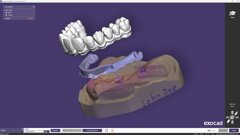


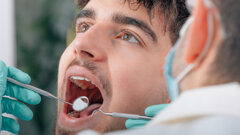
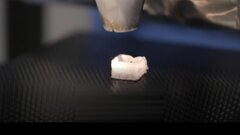
















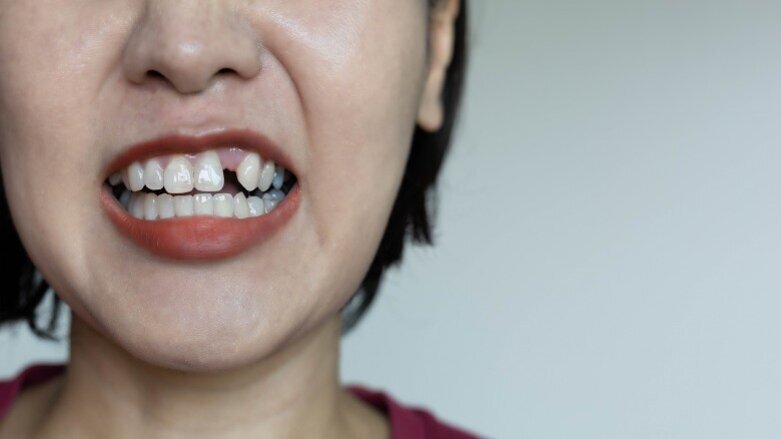








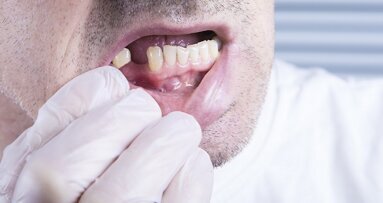


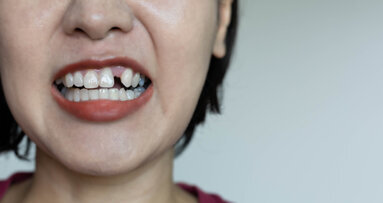









To post a reply please login or register